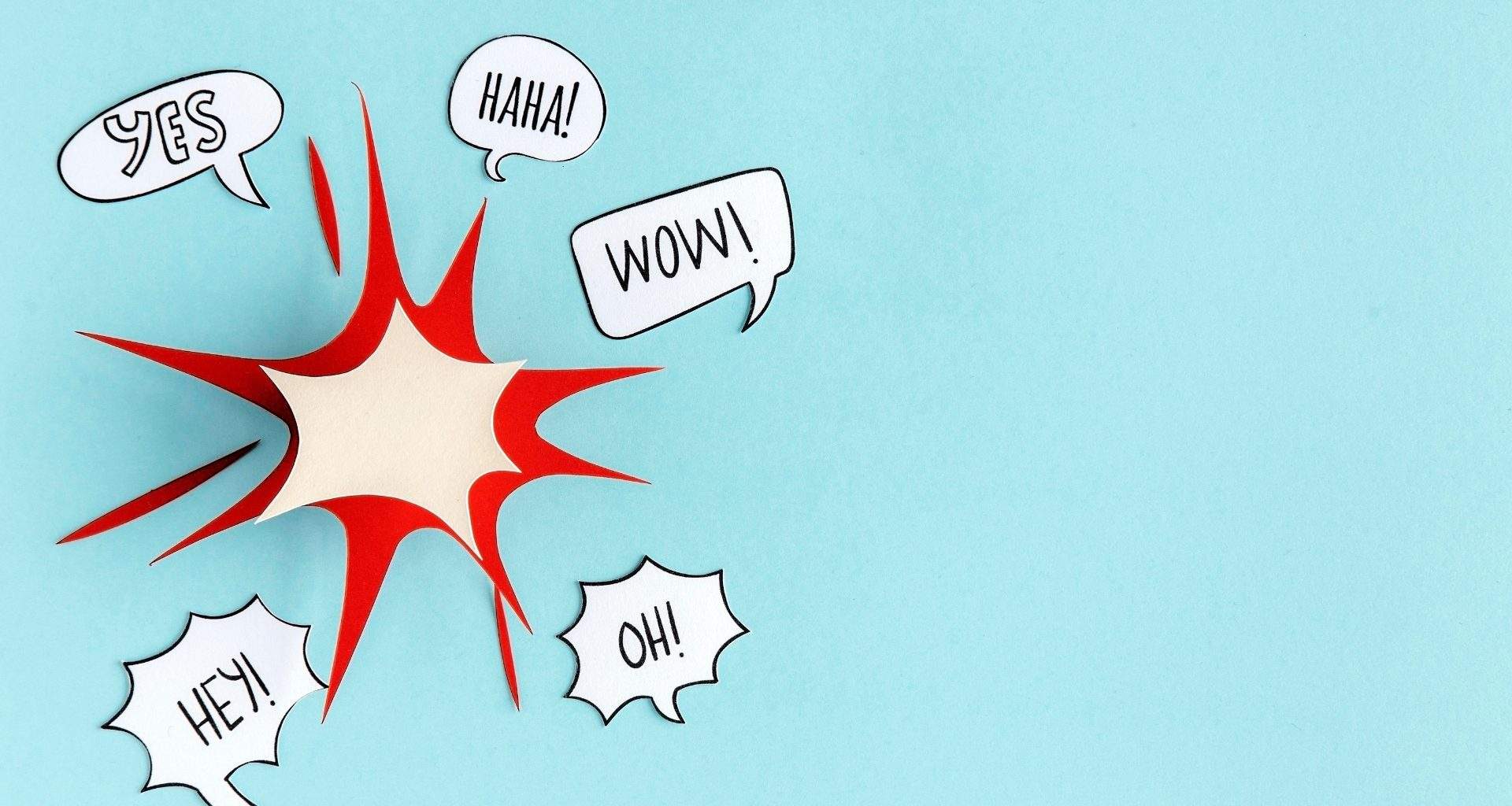Learning a new language is an exciting adventure, but what truly makes you sound like a native is understanding and using slang words. In this article, we’ll explore popular German slang words, their meanings, and how to use them in everyday conversations. Plus, don’t miss out on our free ’10 Essential German Slang Phrases You Need to Know’ booklet, which you can receive via email to further enhance your German language skills!

Why Learn German Slang Words?
Slang Gives You a Deeper Connection to the Language
When you learn slang words and phrases, you can connect with native speakers on a more personal level. It’s like knowing the secret handshake of a group – it makes you feel like you belong. Slang can also give you insights into the culture and history of a place, making your language learning journey even more enriching.
15 Must-Know German Slang Words and Phrases
Let’s dive into the world of German slang words, their meanings, and examples of how to use them in everyday conversations.
1. Alter (Old One)
Meaning: Friend, buddy, dude Example: “Hey, Alter! Wie geht’s?” (“Hey, dude! How’s it going?”)
2. Krass (Intense)
Meaning: Cool, awesome, intense Example: “Das Konzert gestern war krass!” (“The concert yesterday was awesome!”)
3. Geil (Cool, Awesome)
Meaning: Cool, awesome, amazing Example: “Das Essen ist echt geil!” (“The food is really amazing!”)
4. Schick (Stylish)
Meaning: Stylish, fancy Example: “Dein neues Auto ist echt schick!” (“Your new car is really stylish!”)
5. Bock haben (To Feel Like)
Meaning: To feel like doing something Example: “Hast du Bock, heute Abend ins Kino zu gehen?” (“Do you feel like going to the cinema tonight?”)
6. Quatsch (Nonsense)
Meaning: Nonsense, rubbish Example: “Hör auf, so einen Quatsch zu reden!” (“Stop talking such nonsense!”)
7. Kumpel (Buddy)
Meaning: Friend, buddy, mate Example: “Er ist mein bester Kumpel.” (“He’s my best buddy.”)
8. Bescheuert (Stupid)
Meaning: Stupid, dumb, idiotic Example: “Das ist eine bescheuerte Idee.” (“That’s a stupid idea.”)
9. Abhauen (To Take Off, Run Away)
Meaning: To leave, run away, split Example: “Wir müssen abhauen, bevor der Lehrer kommt!” (“We have to take off before the teacher comes!”)
10. Schnapsidee (Crazy Idea)
Meaning: Crazy, ridiculous idea Example: “Das ist eine Schnapsidee!” (“That’s a crazy idea!”)
11. Mucke (Music)
Meaning: Music, tunes Example: “Die Mucke in diesem Club ist echt gut!” (“The music in this club is really good!”)
12. Klasse (Great)
Meaning: Great, awesome Example: “Deine Präsentation war klasse!” (“Your presentation was great!”)
13. Schmarn (Nonsense, Rubbish)
Meaning: Nonsense, rubbish, baloney Example: “Das ist doch Schmarn!” (“That’s just nonsense!”)
14. Auf den Keks gehen (To Get on Someone’s Nerves)
Meaning: To annoy, get on someone’s nerves Example: “Er geht mir echt auf den Keks!” (“He really gets on my nerves!”)
15. Blau machen (To Play Hooky)
Meaning: To skip work or school Example: “Heute habe ich keine Lust, zur Schule zu gehen. Ich mache blau.” (“I don’t feel like going to school today. I’m playing hooky.”)
Get Your Free ’10 Essential German Slang Phrases You Need to Know’ Booklet
If you enjoyed learning these German slang words and want to expand your knowledge further, don’t miss our free ’10 Essential German Slang Phrases You Need to Know’ booklet. Simply provide your email, and you’ll receive this valuable resource that will help you better understand the slang used by native speakers and improve your German language skills!
FAQs
1. Are slang words considered informal language? Yes, slang words are informal and typically used in casual conversations among friends or peers.
2. Can using slang words help me sound more fluent? Absolutely! Using slang words in your conversations can make you sound more like a native speaker and create a more authentic language experience.
3. Is it important to learn slang words when studying a new language? While not essential, learning slang words can deepen your connection to the language and help you better understand and connect with native speakers.
4. Can I find slang words in standard dictionaries? Some slang words may be included in standard dictionaries, but you’ll often find a more comprehensive list in dedicated slang dictionaries or resources.
5. How can I practice using slang words in my conversations? Try using slang words when speaking with native speakers, watching German movies or TV shows, or joining language exchange groups to practice using slang in a conversational context.
Do you want to get your German language learning planner?
Dive into a World of German Mastery with Leo. Over 7500 enthusiasts are already unlocking the secrets to fluency with our tailored strategies, tips, and now, the German language learning planner. Secure yours today and transform your language journey with me!






